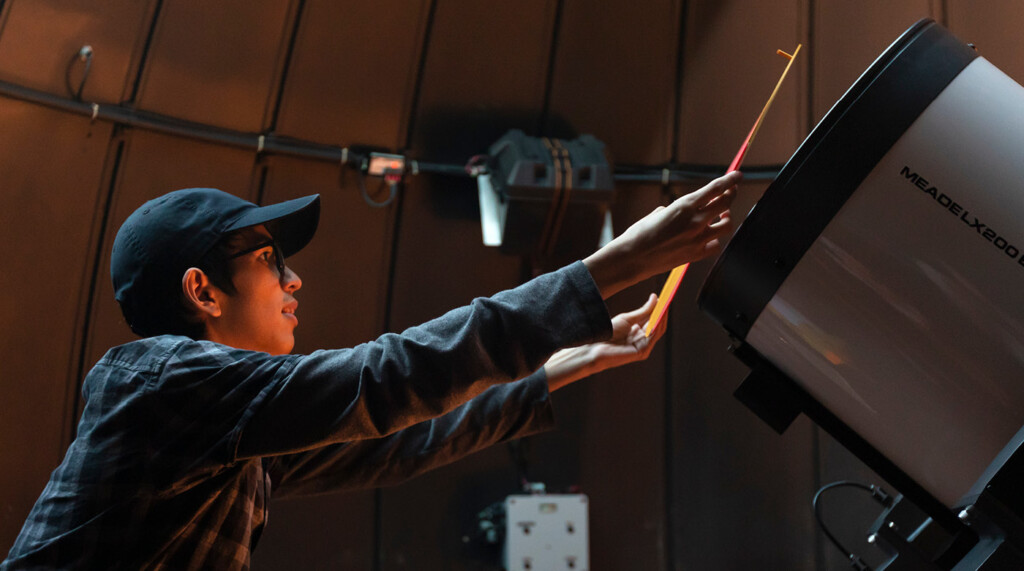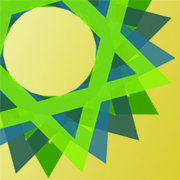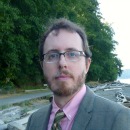Page 213 • (11,913 results in 0.04 seconds)
-

physics major. He knew how to succeed in college since he’d taken prerequisite classes and knew the difficulty of a STEM-focused schedule.Kop set his focus on mastering his physics and STEM courses. But he also needed other classes to fill out his schedule. “I chose Introduction to Latino Studies,” he said. “My mom and her side of the family are Mexican American, and I wanted to learn more about my background.” These courses truly altered Kop’s path. “Learning about my culture and my history was so
-

develop as global citizens; future leaders; and whole, richly informed persons. As the University’s statement on General Education notes: “PLU offers an education not only in values, but in valuing, and asserts strongly that, Life gains meaning when dedicated to a good larger than oneself.” History Professor Beth Kraig said one of the more exciting parts of the new minor is a topic and study that engage in ethical issues from the beginning. “It’s involving so many different parts of the university
-

in China and East Asia, with a focus on Buddhism. In his research he specializes in the intellectual and institutional history of Chinese Buddhism during the modern period. He has studied Buddhist responses to elements of modernity, such as the discourses surrounding both religion and modern science. His first book, The Science of Chinese Buddhism: Early Twentieth-Century Engagements, was published in 2015 by Columbia University Press. He has published articles in the Chung-Hwa Buddhist Journal
-

teaches about religion in China and East Asia, with a focus on Buddhism. In his research he specializes in the intellectual and institutional history of Chinese Buddhism during the modern period. He has studied Buddhist responses to elements of modernity, such as the discourses surrounding both religion and modern science. His first book, The Science of Chinese Buddhism: Early Twentieth-Century Engagements, was published in 2015 by Columbia University Press. He has published articles in the Chung-Hwa
-

teaches about religion in China and East Asia, with a focus on Buddhism. In his research he specializes in the intellectual and institutional history of Chinese Buddhism during the modern period. He has studied Buddhist responses to elements of modernity, such as the discourses surrounding both religion and modern science. His first book, The Science of Chinese Buddhism: Early Twentieth-Century Engagements, was published in 2015 by Columbia University Press. He has published articles in the Chung-Hwa
-

program will prepare students to become Licensed Independent Clinical Social Workers for careers related to physical and behavioral health. With a comprehensive curriculum, experiential learning opportunities and a diverse range of specializations, the program shapes compassionate leaders who are well-versed in the complexities of social work. The demand for social workers, especially those with master’s-level qualifications, is on the rise, especially in health and behavioral healthcare settings
-
“two-dimensional circle” from Edwin Abbott’s Victorian philosophical “romance” Flatland and David Tracy’s “journey of intensification into particularity” lies the passion and purpose of the humanities. Teaching humanities is about walking with students into the gap between their particular Flatland and a possible journey of intensification into particularity, standing there with them, and providing the support and challenge that makes it possible for them —if they become fascinated— to see, feel
-
, this talk will focus on Makah statements and actions from the eighteenth century onward that illustrate how they have made and continue to maintain the surrounding marine waters as their own.Joshua L. ReidSpeaker: Joshua L Reid was born and raised in Washington and is a registered member of the Snohomish Indian Nation. Reid is currently an associate professor of American Indian Studies and the John Calhoun Smith Memorial Endowed Associate Professor of History at the University of Washington. Reid’s
-
November 17, 2008 Veterans Day offers a time for reflection, thanks As the PLU brass played the unforgettable anthems of each branch of the United States Armed Services, the soldiers, sailors and airmen in the audience, stood up to applause. That was the crescendo of the PLU Veterans Day Celebration last week in the Mary Baker Russell Music Center Lagerquist Concert Hall. The veterans were recognized for their sacrifices and the audience was asked to reflect with pride on the brave men and
-
language, culture and international issues – features student-living and faculty offices in the same building. In the acoustically brilliant Lagerquist Concert Hall, students practice and perform in one of the most extraordinary venues in the region. The bonds you develop with your professors in the classroom carry over just about everywhere. On Garfield Street, students and faculty meet at a coffee house to talk about a movie they’ve just seen or their progress on a chemistry project. The highly
Do you have any feedback for us? If so, feel free to use our Feedback Form.


